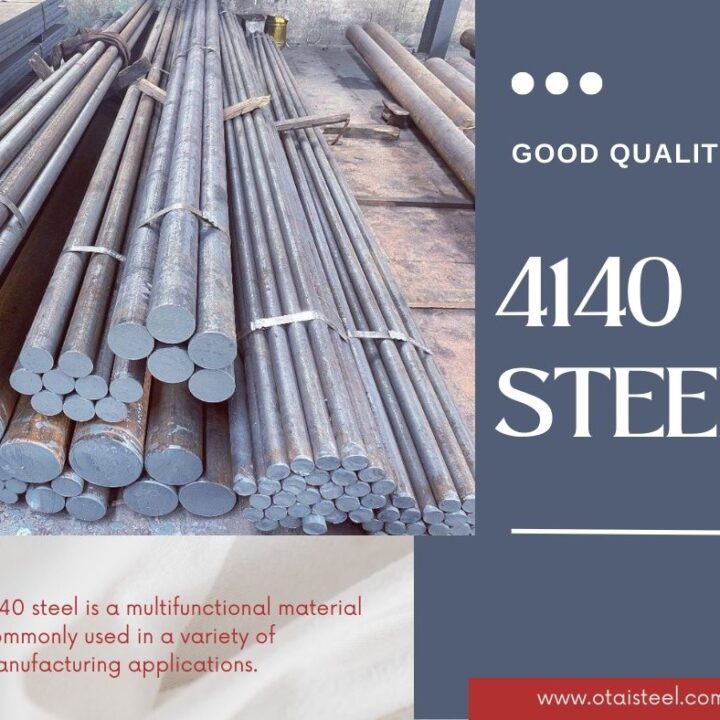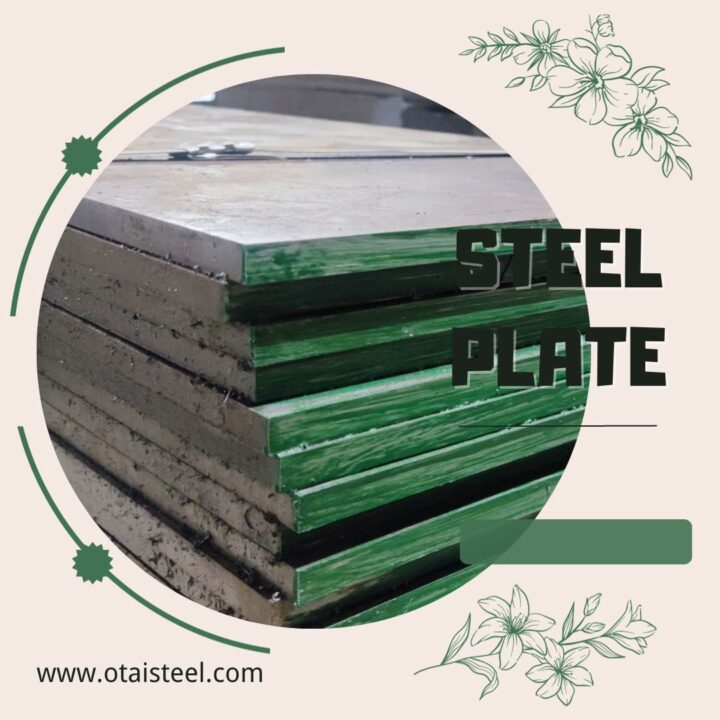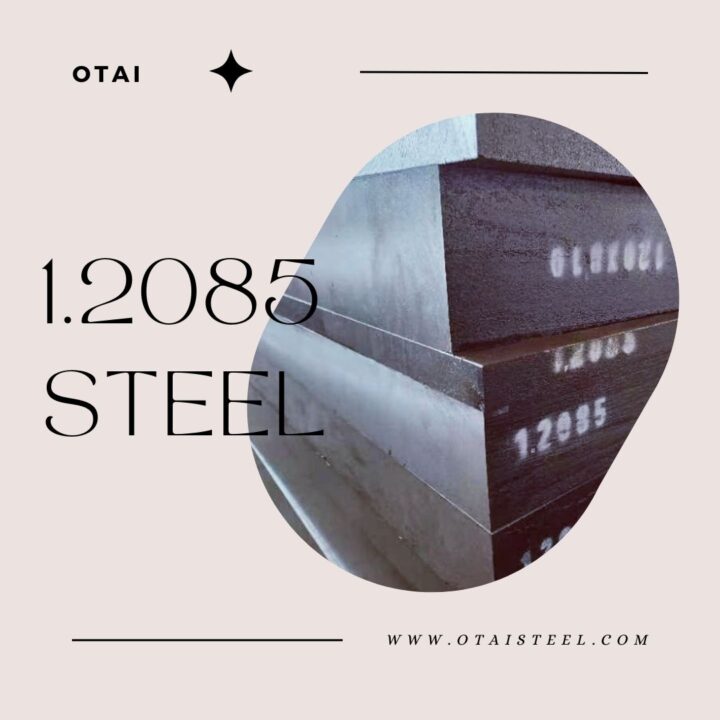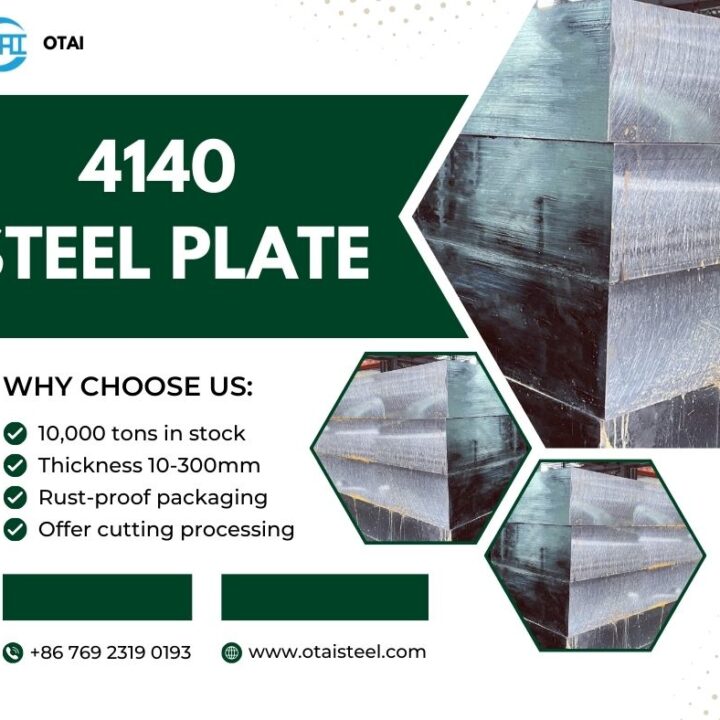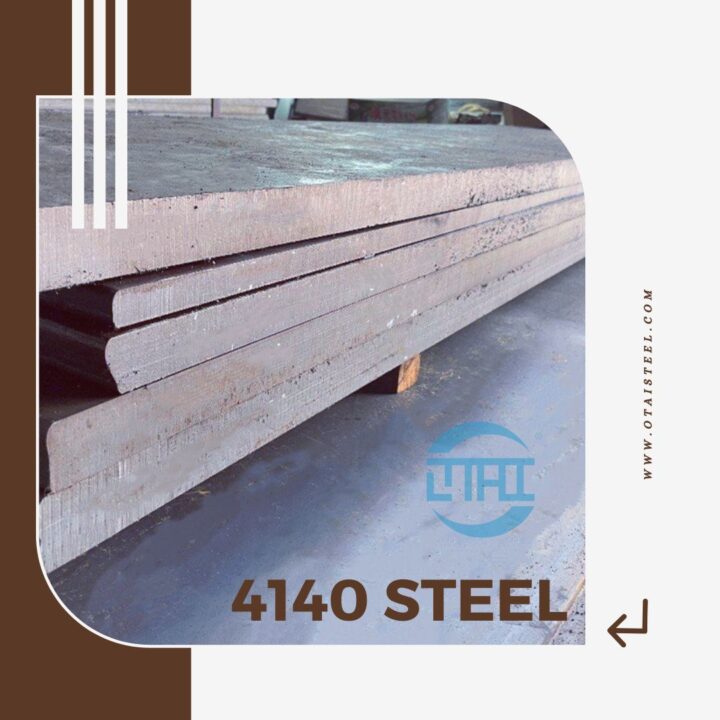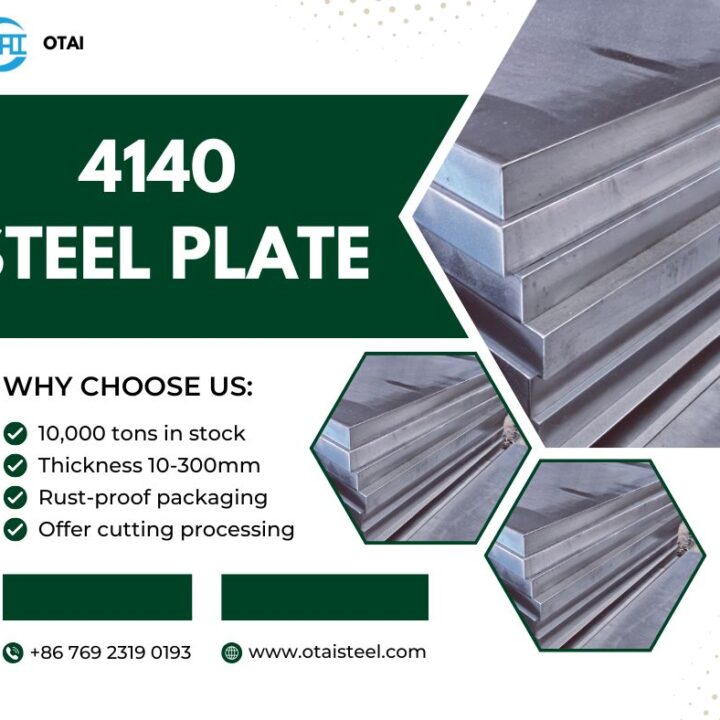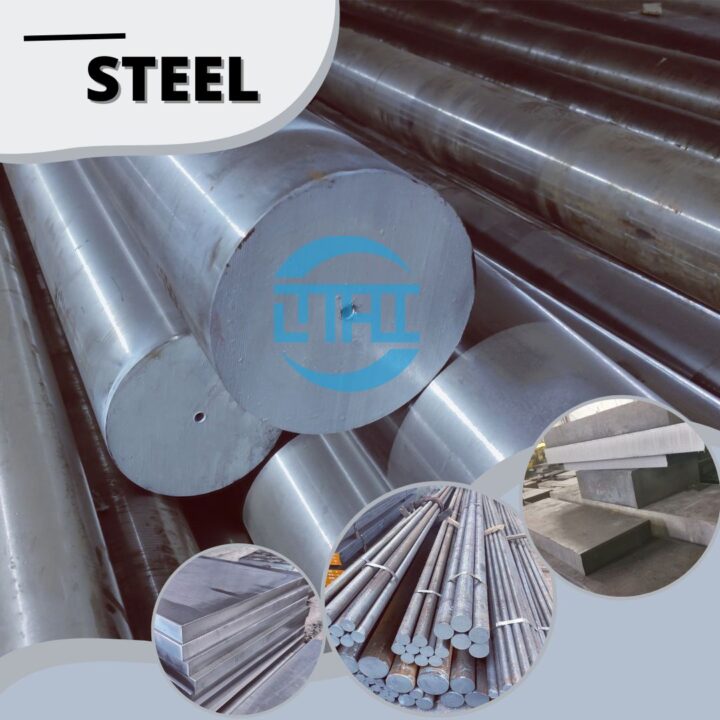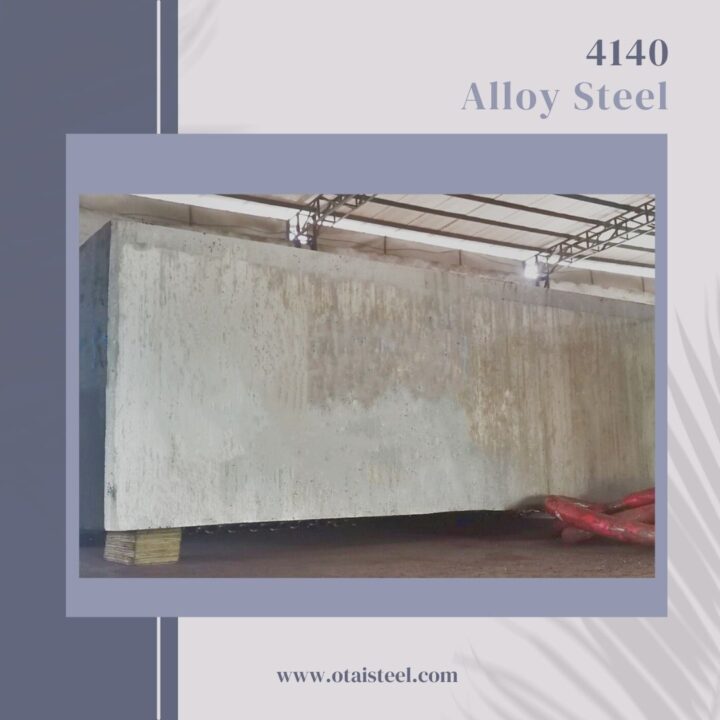Steel is an alloy primarily composed of iron and carbon, with the addition of other elements to enhance specific properties. The carbon content in steel plays a crucial role in determining its mechanical properties. In the case of 4140 steel, the carbon content has a significant influence on its hardness, strength, toughness, and machinability.
The Role of Carbon in Steel
Carbon is a critical alloying element in steel, affecting its microstructure and mechanical properties. When carbon is present in steel, it forms carbides, which are hard and brittle compounds. The distribution and size of these carbides influence the steel’s strength, hardness, and other mechanical properties.
Effect of Carbon Content on Hardness
The carbon content in 4140 steel has a direct impact on its hardness. Higher carbon content generally leads to increased hardness. This is due to the formation of more carbides, which effectively strengthen the steel matrix. However, excessive carbon content can lead to brittleness, compromising the overall mechanical properties.
Impact of Carbon on Strength and Toughness
In addition to hardness, carbon content also affects the strength and toughness of 4140 steel. A moderate carbon content provides a balance between these properties. The presence of carbon enhances the steel’s tensile strength, making it suitable for demanding applications that require high strength and resistance to wear. However, excessively high carbon levels can decrease toughness and promote the formation of cracks and fractures.
Carbon Content and Machinability
Machinability refers to a material’s ability to be easily machined into desired shapes and forms. The carbon content in 4140 steel can influence its machinability. Higher carbon content can make the steel more challenging to machine, as it increases tool wear and reduces cutting efficiency. Lower carbon content improves machinability, allowing for easier fabrication and reducing production costs.
Applications of 4140 Steel
Due to its excellent mechanical properties, 4140 steel finds extensive use in various industries. It is commonly employed in the manufacturing of components for the automotive, aerospace, oil and gas, and construction sectors. Applications include crankshafts, axles, gears, tooling, and structural parts where high strength, toughness, and wear resistance are required.
